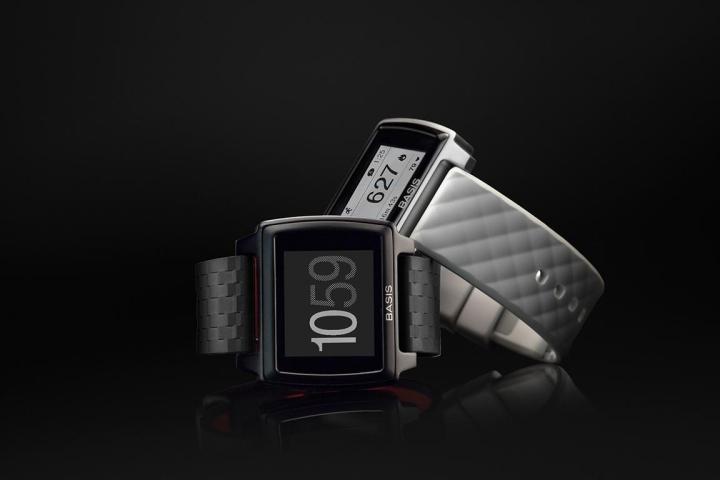
Wearables which fall under the broad “General Wellness” category will not be regulated by the agency. In other words, any claiming to help with weight management, fitness, relaxation, stress relief, mental stimulation, self-help, sleep, or sex will not have to stand in front of the FDA. The guidelines say wearables may give suggestions and keep tabs on vitals like pulse, breathing rate, and so on, as long as the companies who make the devices don’t claim to hold the same authority as a doctor.
Meanwhile, the FDA will put devices which promise to diagnose and treat serious illnesses or problems like obesity, eating disorders, severe anxiety, autism, muscle problems, or erectile dysfunction, under its microscope. The others forced to meet the FDA’s requirements include those that could be dangerous or hazardous if used improperly.
Overall, it seems unlikely many wearables will fall outside the “General Wellness” category, and therefore, most should avoid government regulation. Apparently, Apple met with the FDA multiple times over the last year to make sure the Apple Watch would meet all of the administration’s requirements upon its launch in 2015. It’s possible those conversations shaped the FDA’s guidelines to some extent.


